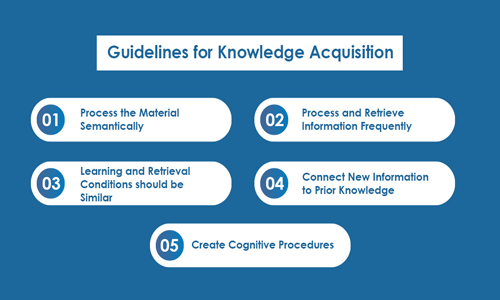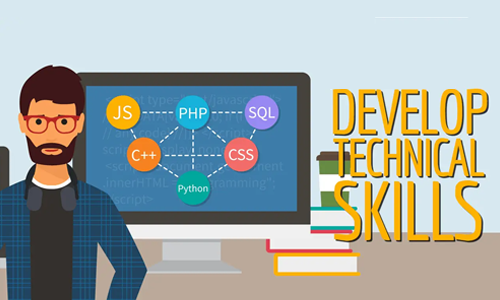Are you a student with a passion for technology and a desire to pursue a career in the ever-evolving IT sector? Look no further! In this comprehensive guide, we will take you through the step-by-step process of starting and advancing in the IT industry. Whether you’re interested in software development, cybersecurity, data analysis, or any other IT field, these tips will set you on the right path. Let’s dive in!
Step 1: Identify Your Interests and Goals

The IT sector offers a vast array of opportunities, so it’s important to narrow down your interests. Explore various IT domains, research the roles and responsibilities they entail, and identify the areas that align with your skills and passions. This will help you choose the right career path and set achievable goals.
Step 2: Acquire Relevant Knowledge and Skills

Once you have identified your area of interest, it’s time to build a solid foundation of knowledge and skills. Start by pursuing a formal education in a related field. Consider enrolling in a computer science, information technology, or software engineering program at a reputable university or college. Alternatively, you can explore online courses and certifications offered by platforms like Coursera, edX, or Udemy to gain specialized knowledge in specific IT domains.
Step 3: Gain Practical Experience

Theory alone is not enough in the IT industry. Practical experience is highly valued and can give you a competitive edge. Look for internships, part-time jobs, or volunteer opportunities in IT companies or departments within organizations. This hands-on experience will enhance your understanding of real-world scenarios and allow you to apply the knowledge gained in your academic pursuits.
Step 4: Build a Strong Professional Network

Networking is crucial in any industry, and the IT sector is no exception. Attend industry events, join IT-related associations and communities, and participate in online forums and social media groups. Connect with professionals already working in your desired field, seek mentors, and engage in meaningful conversations. Networking can open doors to job opportunities, provide valuable insights, and help you stay updated with the latest industry trends.
Step 5: Develop Your Technical Skills

In addition to the foundational knowledge you acquire through education and experience, it’s essential to develop technical skills specific to your chosen IT field. Stay up-to-date with programming languages, frameworks, and tools that are in demand. Continuously practice coding, explore open-source projects, and contribute to collaborative platforms like GitHub. This will showcase your skills to potential employers and demonstrate your commitment to professional growth.
Step 6: Obtain Relevant Certifications

Certifications can validate your expertise and enhance your credibility in the IT industry. Research industry-standard certifications related to your chosen field, such as Cisco Certified Network Associate (CCNA), Certified Information Systems Security Professional (CISSP), or Amazon Web Services (AWS) certifications. These certifications demonstrate your proficiency and can give you a competitive advantage when applying for jobs.
Step 7: Stay Informed and Continuously

Learn The IT sector is constantly evolving, with new technologies and advancements emerging regularly. To stay relevant and competitive, commit yourself to lifelong learning. Subscribe to industry publications, follow influential IT blogs, join relevant online communities, and attend webinars or conferences. Embrace a growth mindset and always be curious to explore new trends and developments in your field.
Step 8: Craft an Outstanding Resume and Portfolio

When applying for IT positions, your resume and portfolio will be the first impression you make on potential employers. Tailor your resume to highlight relevant skills, experiences, and achievements. Develop a portfolio that showcases your projects, code samples, or any other tangible work that demonstrates your abilities. Ensure your online presence, such as LinkedIn or a personal website, reflects your professional brand.
Remember, a successful career in the IT sector is a journey that requires dedication, continuous learning, and perseverance. Embrace challenges, stay adaptable, and leverage your passion for technology to drive your success. With the right mindset and a solid foundation of knowledge and skills, you can build a rewarding and fulfilling career in the exciting world of IT. Good luck!




